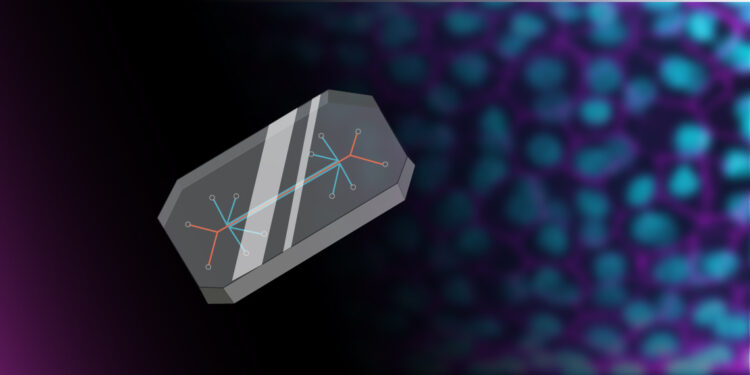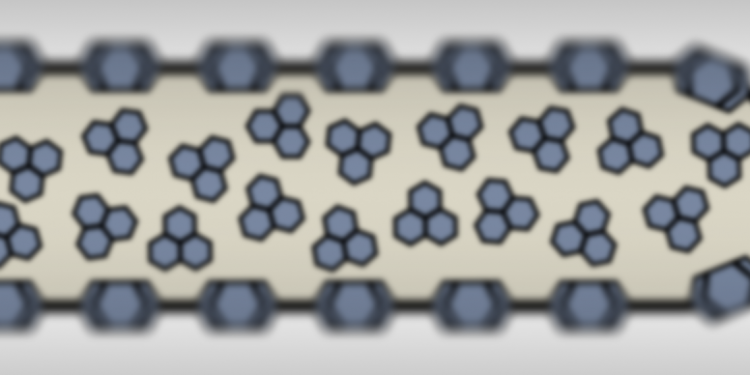
The Journey from Lab to Clinic: Zolgensma, the First Gene Therapy Treatment for Spinal Muscular Atrophy (SMA)

Microphysiological Systems: A Game Changer for Drug Safety and Efficacy Studies?

Flow Cytometry Empowers CAR T-Cell Therapies

Leading the Way in Our Understanding of COVID-19: Peptide Megapool Assays

Monocytes — a Mini Review

Macrophage Polarization — An Overview

So, How Can the Sso7d Fusion Polymerase Technology Help Your PCR?

Next Generation Computers: Transforming Cells into Autonomous Computing Devices

Researcher Profile: Suzanne Topalian Pioneers PD-1 Inhibitor Drug to Treat Advanced Cancer


